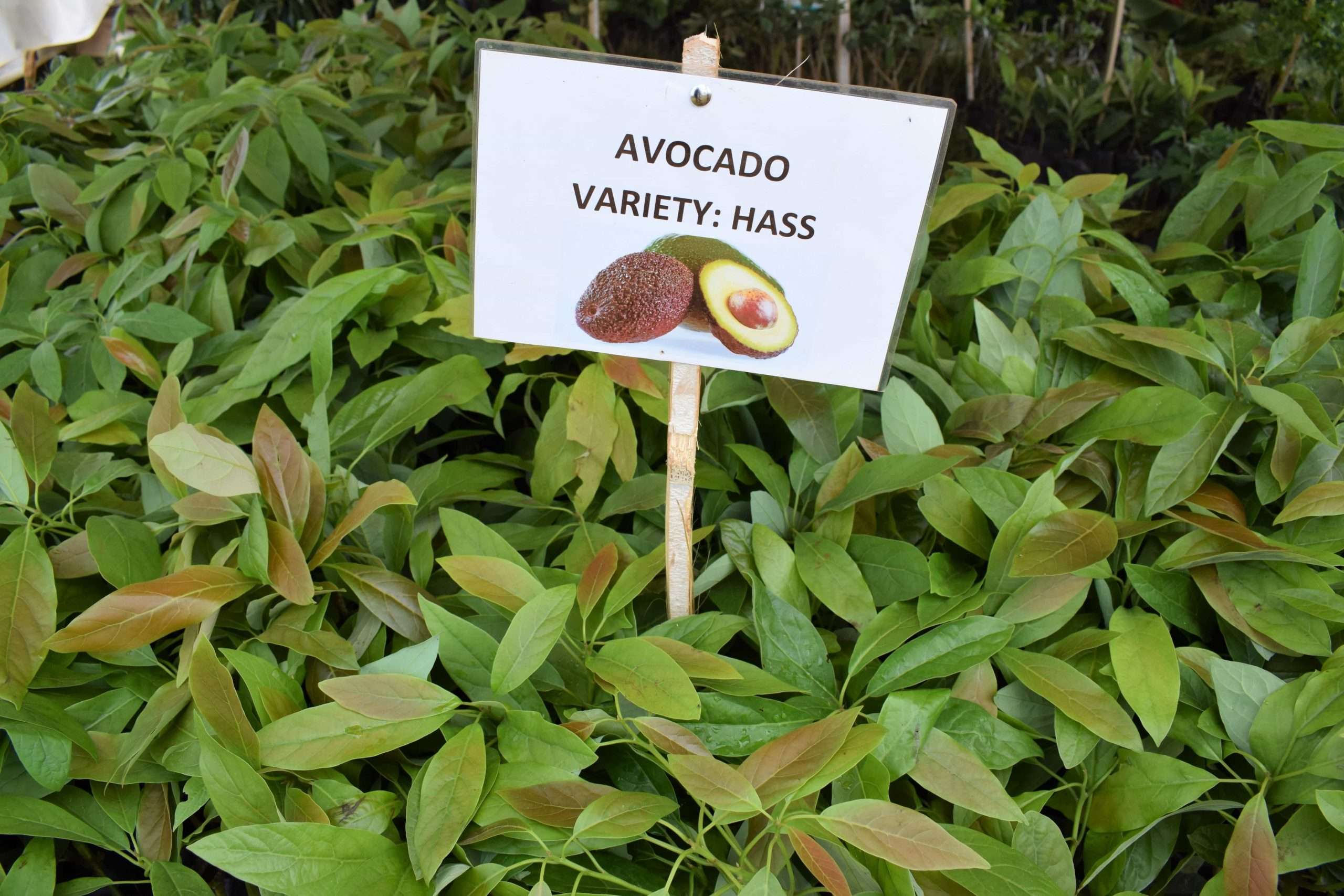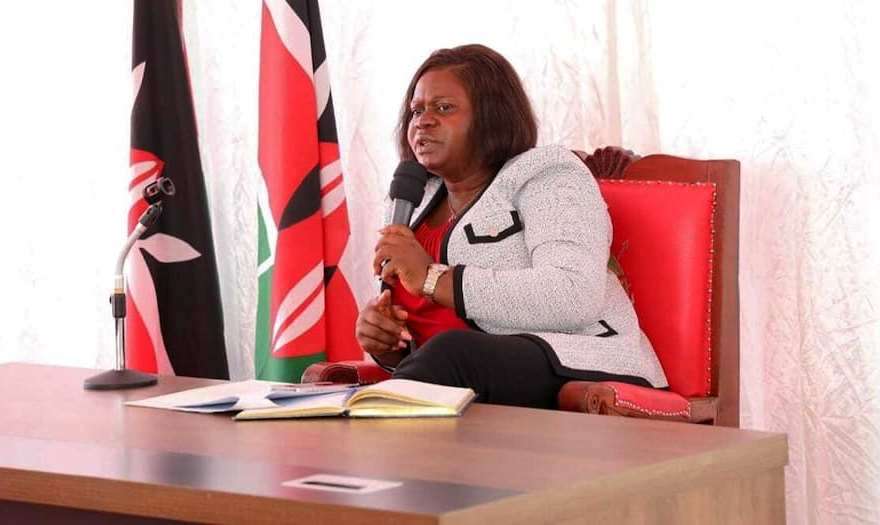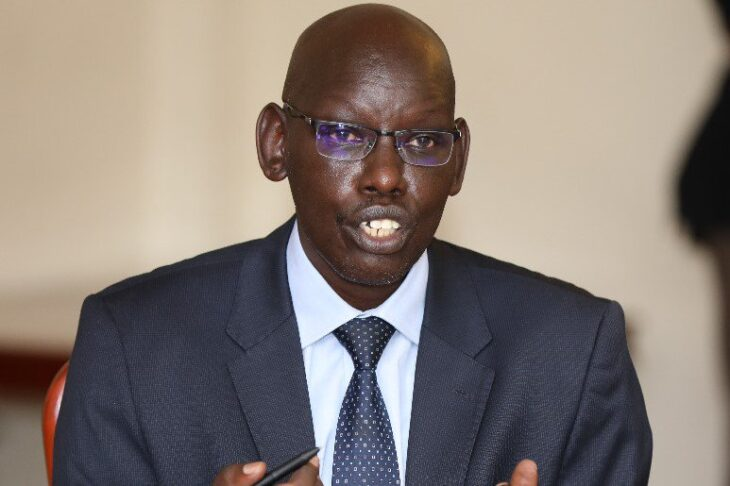By TWV Reporter
The recent High Court ruling affirming former President Uhuru Kenyatta’s leadership of the Jubilee Party has sent shockwaves through the political camp of former Deputy President Rigathi Gachagua, effectively forcing him and his allies back to the drawing board.
The court validated key resolutions passed during the Jubilee Party’s National Delegates Convention (NDC) held in May 2023, reinstating Uhuru as party leader and confirming Jeremiah Kioni as Secretary General alongside Saitoti Torome as National Chairman. The decision is widely viewed as a turning point in the contest for control of the Mount Kenya political bloc and could significantly influence the national political landscape in the lead-up to the 2027 General Election.
For Gachagua, the judgment presents a major challenge to his nascent political vehicle, the Democracy for the Citizens Party (DCP), which was launched to build a new support base in the region away from Jubilee. While DCP has found some acceptance in Nyeri County, Gachagua’s home ground, it has yet to establish a strong presence across the wider Mt Kenya region.
Political analysts suggest the ruling could shift voter sentiment and complicate Gachagua’s efforts to position DCP as a credible alternative to Jubilee. “This is a serious blow to Gachagua. His strategy to replace Jubilee as the dominant force in Mt Kenya has encountered a major setback,” noted one observer.
Following their election in 2022, President William Ruto and Gachagua quickly moved to assert control over Jubilee by backing Kanini Kega as Secretary General and MP Sabina Chege as party leader. The move was interpreted as an attempt to dilute Uhuru’s influence and render the party politically irrelevant.
However, the High Court decision has reversed this effort, restoring Uhuru’s authority and energising his political base. The verdict has reignited competition for the Mt Kenya vote, with both Uhuru and Gachagua vying to emerge as the region’s undisputed political kingpin.
Despite stepping back from the limelight after leaving State House, Uhuru has retained a strong political presence, especially in counties like Kiambu, where Jubilee continues to enjoy deep-rooted support. With the court reaffirming his leadership, Jubilee is poised for a revival in the region.
Conversely, Gachagua now faces the daunting task of persuading a sceptical electorate to rally behind an untested party. Reports indicate that many Gema voters are reassessing their political loyalties, with a growing number appearing inclined to return to the re-energised Jubilee fold.
In a parallel development, Narc-Kenya, recently rebranded as the People’s Liberation Party (PLP) under the leadership of Martha Karua, has launched a membership recruitment campaign. However, its influence remains largely limited to Kirinyaga County. Analysts warn that unless PLP expands beyond its traditional base, its national impact will remain marginal.
Meanwhile, speculation is mounting that Uhuru is quietly supporting former Interior Cabinet Secretary Fred Matiang’i to run for president under the Jubilee banner. Gachagua, on the other hand, is reportedly weighing two options: launching his own presidential bid or backing Wiper Party leader Kalonzo Musyoka, both of which come with significant political risk.
As things stand, Uhuru appears to be re-establishing himself as the de facto leader of the Gema community. With Jubilee gaining renewed momentum and DCP struggling to gain wider acceptance, the former president could once again emerge as a central figure in Mt Kenya’s political future.
The High Court ruling has triggered a notable political realignment in the region. While DCP maintains limited support in isolated pockets, Jubilee’s resurgence threatens to undermine Gachagua’s influence and derail his broader ambitions.
As the countdown to 2027 continues, attention will turn to whether the Mount Kenya region will unify behind a single political banner or whether fragmentation and internal rivalries will persist, shaping the contest for its political soul.





